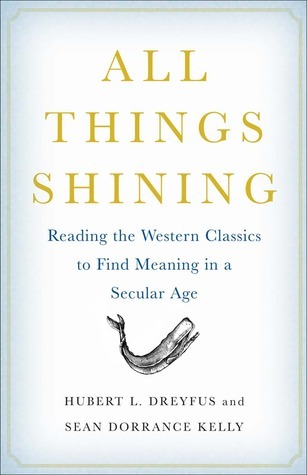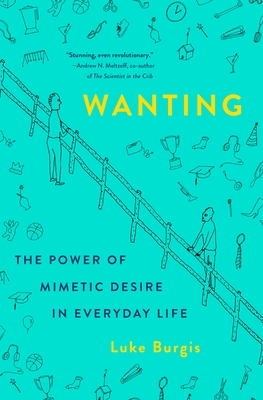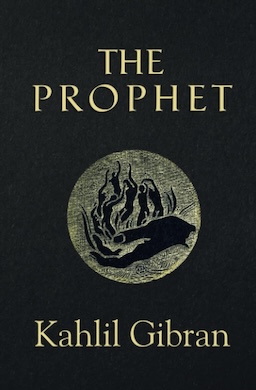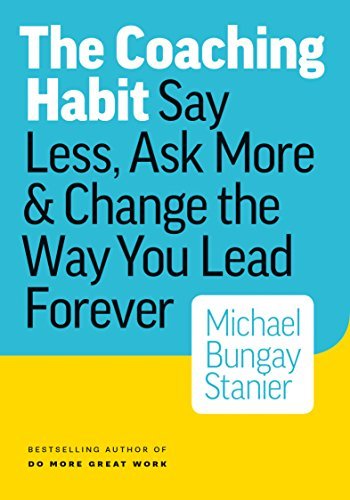Some books I enjoyed in 2023
First, a brief digression on, what Alan Jacobs might call, the “pleasures of reading in an age of distraction.”
Several years ago, when I worked at Madefire, I was out on a mid-day walk with one of my coworkers, ambling around the low-rise industrial buildings that neighbored our office in Emeryville, California when he admitted to me that he “almost never reads books.” Instead, he said, he preferred to read only online content—blog posts, Medium articles, Reddit, and the like—because it was quicker to consume, more current, more relevant.
I didn’t argue the point with him then (to each their own!), but to me the idea of biasing one’s consumption of the written word exclusively towards the online is depressing.
Books remain my mainstay and most preferred form of media precisely because they are the antithesis of quick, current, and timely. They offer an intellectual escape from the noise and froth of the internet. Instead, books require time and focus; reading well requires a kind of slow immersion, a willingness to quiet the mind, to not flit about from topic to topic. You immerse yourself in the pages, saturate yourself in ideas and words, quietly slip into the mental space of the author. (Or abandon quickly if, after a little bit of sustained effort, this proves impossible to do.) Long-form text is intimate and personal. A well-chosen book should also have a timeless quality, content as relevant today as when or if it was written 50, 100, 200 or 1000 years ago. To sum it up, as Simon Sarris so eloquently writes (about books specifically):
Reading is alluring. It has a nameless quality beyond satisfying desires for information and pleasure. Despite more colorful and interactive media, reading text somehow remains more refined, more seductive.
So yes, I have a special fondness for books. I even keep a public list of books that have had a profound impact own worldview. I don’t think anything I read in 2023 is going to make that list, but I’ll share a few standouts.




All Things Shining
I’d been exposed to Dreyfus’ humanist takes on computing and AI through his books What Computers Can’t Do and Mind Over Machine—which are great if you’re into philosophies of technology, and critiques of AI in particular—but All Things Shining is a very different kind of book, less academic, more readable. It tackles the question of how to find meaning in our age of infinite choice and little cultural guidance on how to make good life choices. It’s something of a call to arms to live life with more wonder, more awe, more appreciation and passion, grounded in examples drawn from mythology, Western philosophy and literature. Traipsing through a variety of cultural influences, from Homer to the Bible to Spinoza to Kant to Melville, it shows how each offers something from which to glean on how to live fully and engage more deeply with the world.
I finished the book with a long supplementary reading list.
Wanting
Though grounded in René Girard’s theory of mimetic desire, Wanting flirts with the boundaries of “pop psychology,” something I typically disdain, but I actually enjoyed this book. It takes the theory of mimetic desire and explains it in a way that’s engaging and approachable, attempting to show how it is applicable and relevant to everyday life. Sure, mimetic theory has its critics and might be overreaching in many cases, but for me that’s not really the point of the book. What I got out of this book were two things:
- I should think much more deeply and critically about why I desire some of the things I do in life. This might seem obvious to anyone engaged in regular self-reflection, but this is a slippery and evasive activity. Mimetic theory provides one lens with which to approach this problem, and if you view it through with this lens honestly, I think you’ll find it’s a pretty decent lens in many cases.
- I should think more deeply about and better understand the personal motivations of the people I work with too. Why do they want what they want? How will that help me be a better leader?
The Prophet
The Prophet has been on my list of books to read for a long time and I finally made time for it. Regardless of religious background or standpoint, it’s a beautiful, poetic meditation on life. You take from this book what you put into it, meaning that it doesn’t really state anything novel or particularly profound, but serves more as a mirror to truths you likely already know.
As a parent, I found the chapter “On Children” particularly touching:
You are the bows from which your children as living arrows are sent forth.
The Archer sees the mark upon the path of the infinite, and He bends you with His might that His arrows may go swift and far.
Let your bending in the Archer’s hand be for gladness;
For even as He loves the arrow that flies, so He loves also the bow that is stable.
The Coaching Habit
The Coaching Habit often gets a lot of praise in engineering management circles, and now I see why. Such a straightforward and useful book, especially if you’re a manager trying to develop and improve your team’s self-sufficiency. The essence of the The Coaching Habit is a clearly-defined, step-by-step strategy on how to listen in one-on-one conversations and break the cycle of wanting to immediately jump in with advice or help. Why not offer advice in one-on-ones? Well …
… in a nutshell, advice is overrated. I can tell you something, and it’s got a limited chance of making its way into your brain’s hippocampus, the region that encodes memory. If I can ask you a question and you generate the answer yourself, the odds increase substantially.
It’s a quick read—basically seven straightforward questions you can use to coach people in working through their own problems. I use them all the time.
I didn’t read enough fiction in 2023. I’ll be course-correcting against my tendency to over-indulge in non-fiction in 2024.